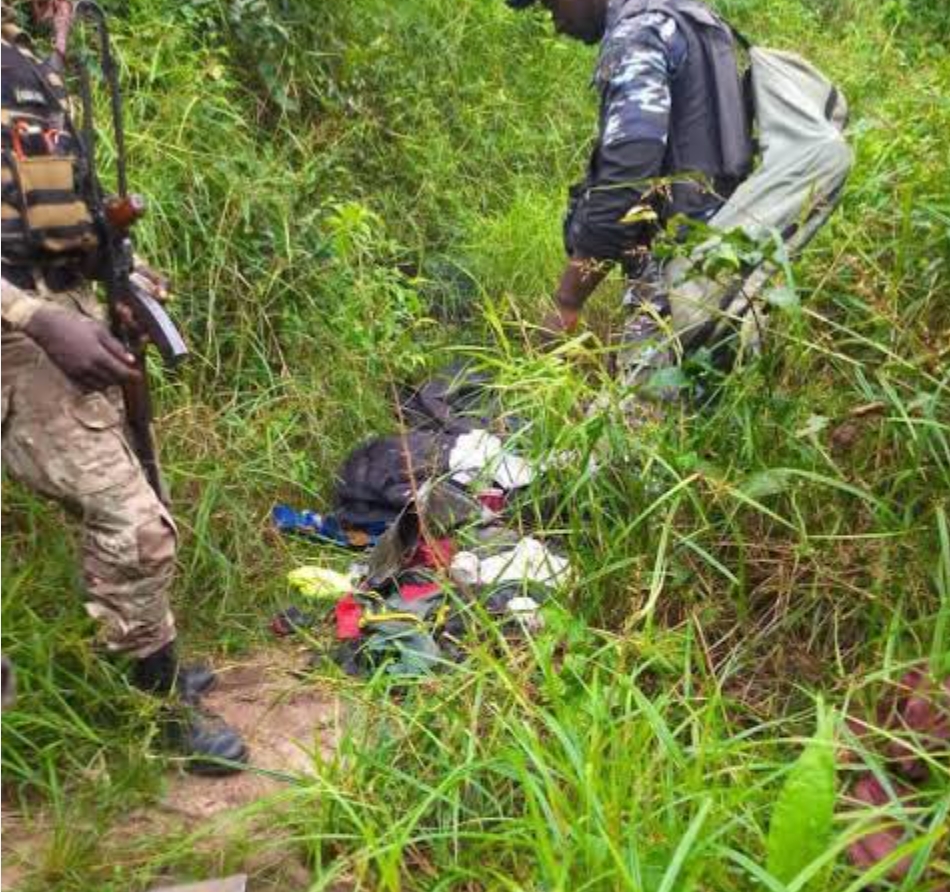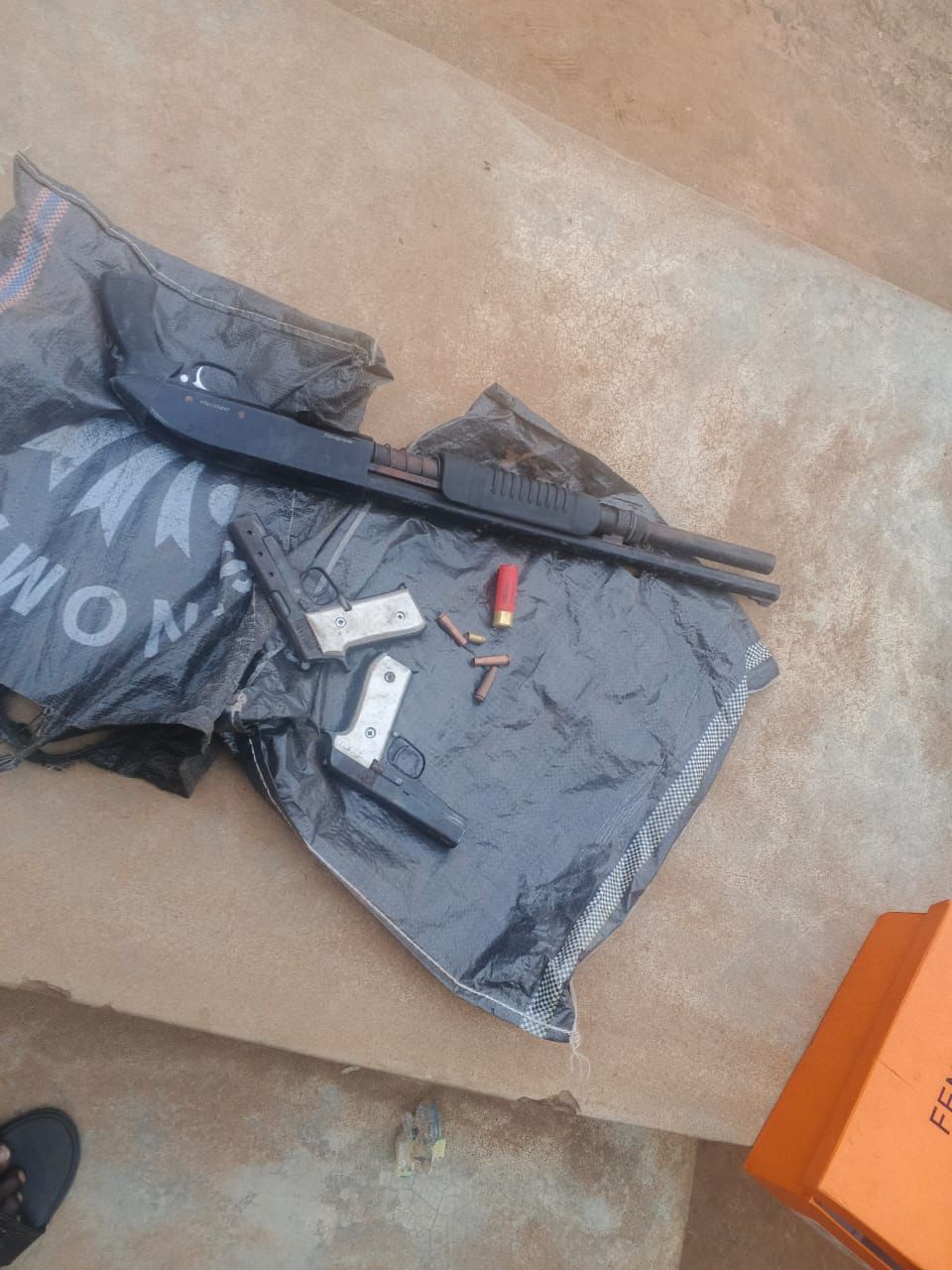The Managing Director and CEO of the Transmission Company of Nigeria, Sule Abdulaziz, has disclosed that Nigeria supplies 24-hour electricity to neighbouring countries Togo and Benin, amid ongoing discussions in the country following a recent power grid collapse.
!
“We supply Togo, Benin, and Niger. They get power from Nigeria on a 24-hour basis, and they are paying for it,” Abdulaziz stated during TV appearance.
When asked why many Nigerians do not enjoy uninterrupted power, he responded, “Nigerians are getting 24-hour supply, but it’s not everyone. Those in Band A receive 20-22 hours of power supply.”
Recall that Band A customers are prioritised for 20-24 hours of electricity, Band B customers get 16-20 hours, and Band C customers receive 12-16 hours of power each day.
Abdulaziz expressed optimism about achieving a consistent electricity supply across Nigeria within five years.
“I am telling you we can get consistent power supply in less than five years. The new minister is looking at the problems, he is not doing cosmetic showdowns,” he said.
He emphasised that system collapses do not necessarily originate from the TCN.
“If there is a system collapse, it doesn’t mean all the problems are from TCN, it can be from generation, it can be from transmission it can be from distribution. Some of these can also come from disaster. You cannot say it is the fault of the TCN just like that. TCN are in charge of managing the grid,” he said.
Abdulaziz also clarified the distinction between the TCN and the now-defunct National Electric Power Authority.
“People have to understand the difference between the TCN and NEPA. When we were Nepa, we were the ones doing the generation, transmission, distribution and marketing.
But now we are only doing one leg which is transmission. But there could be issues in all other sectors which are the generation and the distribution. But people only know Nepa and they think TCN is NEPA and they put the blame on TCN,” he stated.
The TCN boss highlighted infrastructure challenges, noting that much of the equipment is outdated.
“Most of the equipment we use is over 50 years old,” he lamented.
On electricity costs, Abdulaziz argued that electricity in Nigeria is relatively affordable.
”Electricity is now expensive in Nigeria, we feel it is expensive because we are getting it at a cheaper price. If you go to other African countries, go to Burkina Faso, Senegal, Niger; Nigeria is cheaper.”




